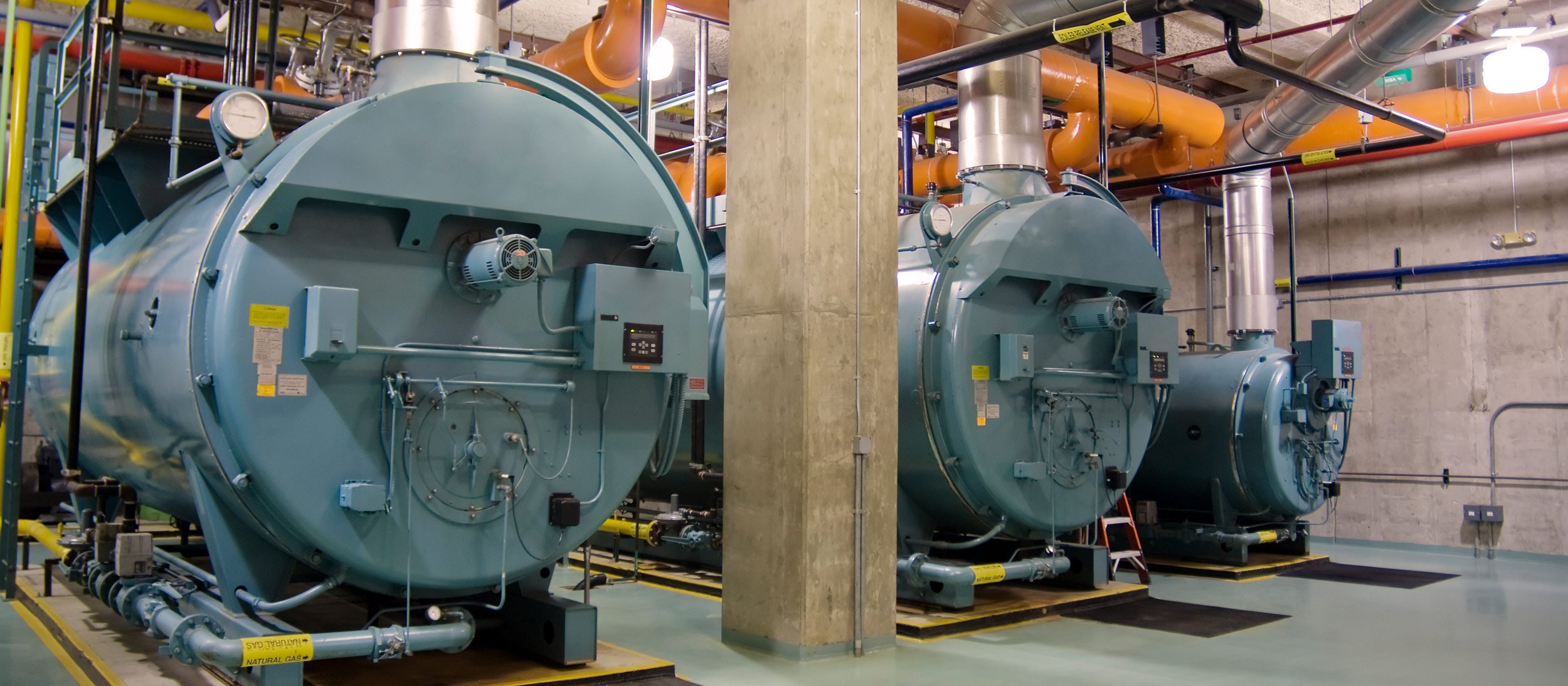Claim Center
We're in the business of helping people, providing prompt and personal claims service when you need us the most.
Call 877-242-2544 anytime, day or night, to report claims. You may also contact your independent agent to report a claim.
- Personal & Business ClaimsLearn More
- Life ClaimsLearn More
- Workers' Compensation ClaimsLearn More
Plan & Protect
Reduce risks and enjoy peace of mind with these tips and insights to protect what matters most.
Give Your Boiler Room to Breathe

For safe and proper operation, your boiler needs space and air.
With the outside temperatures dropping, it is once again heating season, which means it is time to turn on your boiler. Many boilers are confined to small, separate rooms or basements that double as janitor closets and storage areas for just about everything. Keep in mind that, like us, boilers need air and personal space.
The Science Behind Combustion
Boilers burn fuel, which requires oxygen. Most boiler rooms have outside combustion air coming into the room to facilitate combustion. If the air intake is blocked by boxes or with debris such as leaves, the boiler may not be able to fire properly. This could damage the boiler or result in incomplete combustion, producing carbon monoxide.
Another common problem is for a well-meaning person to block off the combustion air intake with cardboard or insulation to keep the boiler room warmer when it is extremely cold outside.
One way to keep the boiler room warm is by installing powered louvers with an end switch tied to the interlock circuit. The louvers remain closed until the boiler tries to fire, at which point the louvers open, and allow the boiler to run. When the boiler shuts off, the louvers close again to keep the room warm and prevent freezing.
Clear the Clutter
Clutter in boiler rooms is another common problem. Cardboard boxes and cleaning supplies should be kept at least three feet from the boiler on all sides. Flammable liquids -- such as gasoline, paint thinners and solvents -- should never be stored in the boiler room. While it may be tempting, don’t lay mops and rugs on or against a boiler to dry them. Also be sure to install a carbon monoxide detector in every boiler room.
Annual Checkup
If you have a boiler in your business, qualified personnel should perform an annual tune-up or service inspection. Remember to have them:
- Clean and inspect burners
- Test and inspect temperature or pressure controls
- Test operation of low water fuel cutouts or flow switches, if so equipped
- Test combustion air proving switch or burner and flue spill/rollout switch
- Conduct a flue gas analysis or gas manifold pressure check
- Check flue damper operation and inspect the flue for obstructions
- Test the feedwater control to assure it maintains proper level or pressure
A planned preventive maintenance program can promote safe, efficient operation; extend equipment life; and avoid loss of income or extra expenses associated with business interruption.
This loss control information is advisory only. The author assumes no responsibility for management or control of loss control activities. Not all exposures are identified in this article. Contact your local, independent insurance agent for coverage advice and policy service.